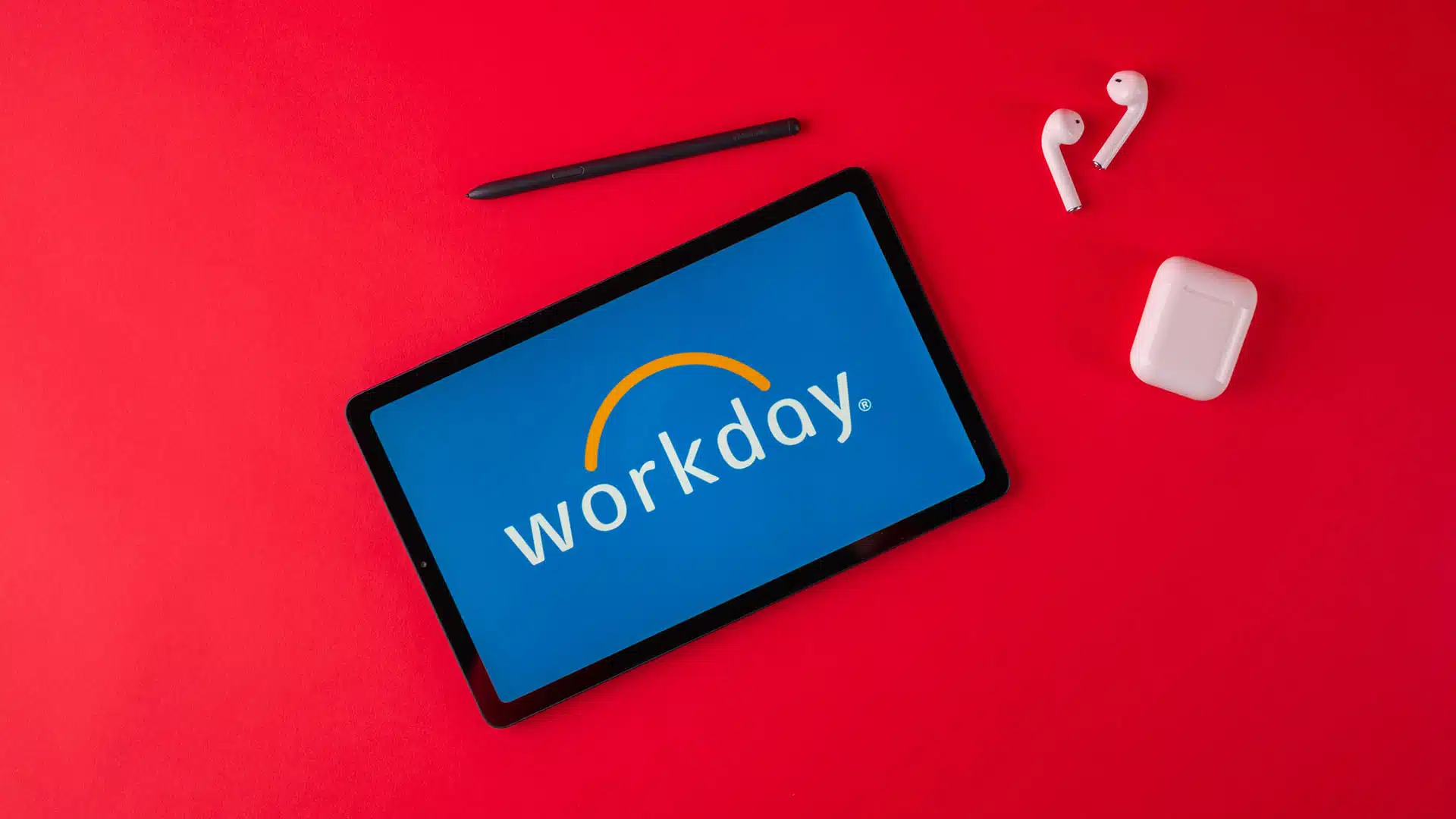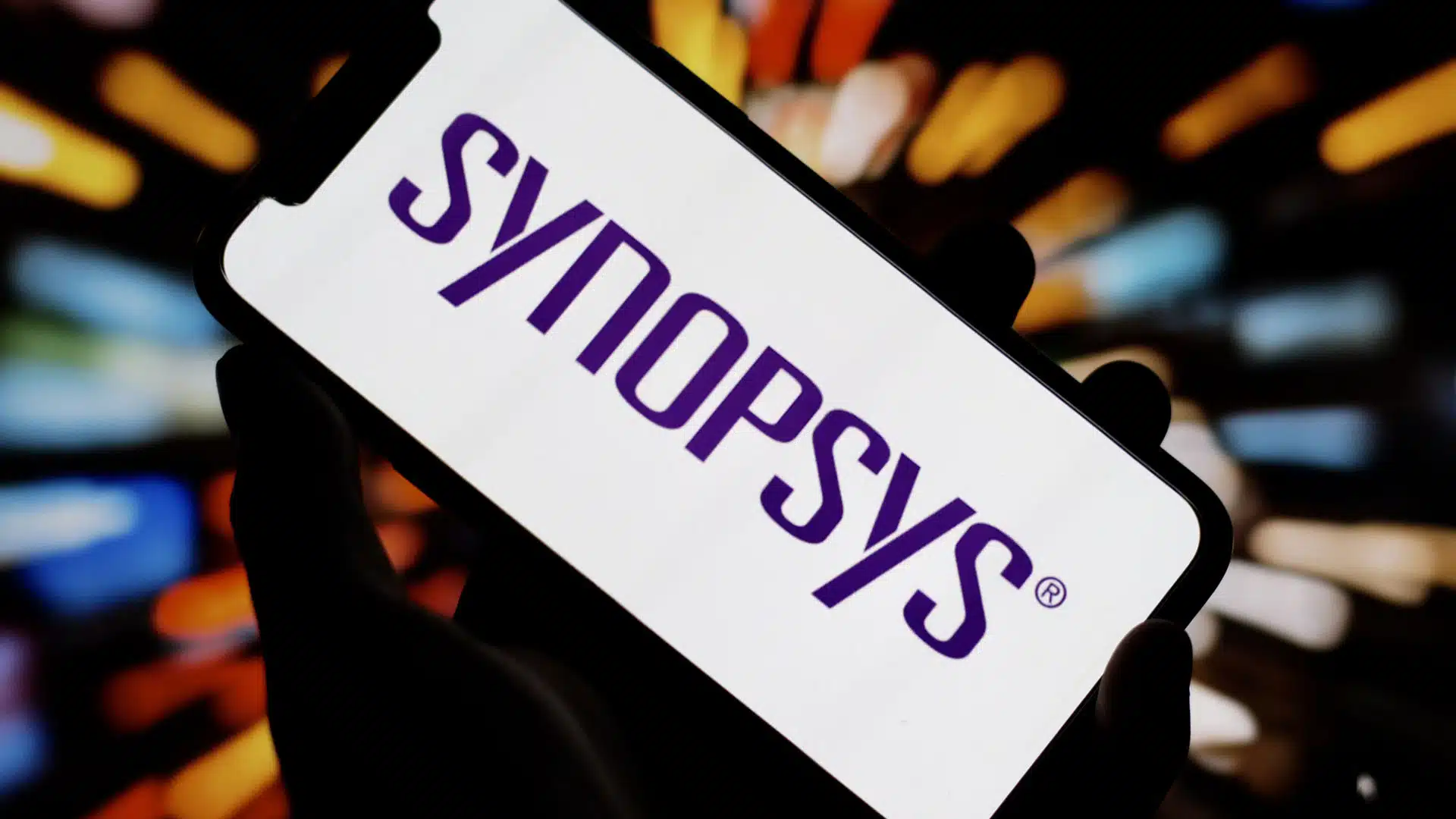Quadient, the French-based specialist in CX management and business process automation, says it has successfully raised €270 million to meet financial obligations. The money was raised through a private placement loan issued under German law known as a Schuldschein, and Quadient said the loan would be earmarked to meet refinancing and repayment loans that are maturing in the next two years.
The size of the new loan rose to its current level from the €100 million initially planned because of strong investor interest, according to the news release from the company. The fresh infusion of money is being issued in anticipation of refinancing a Schuldschein private placement of €81 million maturing in 2022, and of another loan of €187 million maturing in 2023. A portion of the new loan will also be earmarked for repayment by June 2022 of some €265 million-worth of Odirnane bonds, which are unsecured bonds convertible into new shares and are exchangeable for existing shares.
The average rate of the new Schuldschein private placement, based on the Libor 3-month and Euribor 6-month rate conditions at present, currently stands at c. 1.63%, which will result in lowering Quadient’s average cost of debt. Moreover, with maturities ranging from five to seven years, combining the new issuance with the immediate repayment of €130 million of the Schuldschein private placements maturing in 2022 and 2023 will extend the average maturity of the company’s debt.
The new private placement is subject to compliance with the covenants currently in place, excluding leasing, with notably a leverage ratio excluding leasing below 3.0x.
Laurent du Passage, chief financial officer of Quadient, said the company was greatly pleased with the new private placement issuance, which he pointed out was completed under “very favorable conditions” coupled with strong investor demand. Quadient was especially satisfied with the interest rate obtained with the new loan, he added, as it gives the company increased flexibility to manage its debt maturities in the next two years.
The new loan will also enable Quadient to maintain a healthy balance sheet to support the execution of the company’s second phase of its “Back to Growth” strategy, which was launched in 2019. That strategy focuses on Quadient’s ambitious plan to be a company offering what it says is a complete portfolio of software as a service (SaaS) cloud intelligent communication automation solutions, bringing together customer communication management, customer journey mapping, document automation, accounts payable automation, and accounts receivable automation.
Headquartered in Bagneux, France, Quadient is an international company specializing in mailing equipment, business process automation, and customer experience management. The company focuses on three key solution areas: intelligent communication automation, parcel locker solutions, and mail-related solutions. In November, Quadient placed 11th in the 2021 edition of the top 250 French software publishers and developers, according to rankings published by global consultancy firm EY and the professional software industry association Numeum. Quadient had net debt of €526 million as of July 31 this year alongside liquidity of €722 million, including €322 million in cash and an undrawn credit line of €400 million.
Author Information
Alex is responsible for writing about trends and changes that are impacting the customer experience market. He had served as Principal Editor at Village Intelligence, a Los Angeles-based consultancy on technology impacting healthcare and healthcare-related industries. Alex was also Associate Director for Content Management at Omdia and Informa Tech, where he produced white papers, executive summaries, market insights, blogs, and other key content assets. His areas of coverage spanned the sectors grouped under the technology vertical, including semiconductors, smart technologies, enterprise & IT, media, displays, mobile, power, healthcare, China research, industrial and IoT, automotive, and transformative technologies.
At IHS Markit, he was Managing Editor of the company’s flagship IHS Quarterly, covering aerospace & defense, economics & country risk, chemicals, oil & gas, and other IHS verticals. He was Principal Editor of analyst output at iSuppli Corp. and Managing Editor of Market Watch, a fortnightly newsletter highlighting significant analyst report findings for pitching to the media. He started his career in writing as an Editor-Reporter for The Associated Press.








